The functional groups of prairie strip people
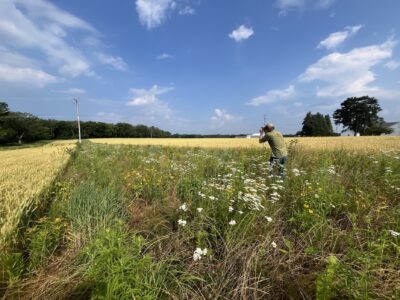
Rachel Drobnak describes the “functional groups” of people who make prairie strip ecology such an exciting and rewarding field to work in at Kellogg Biological Station

Rachel Drobnak describes the “functional groups” of people who make prairie strip ecology such an exciting and rewarding field to work in at Kellogg Biological Station
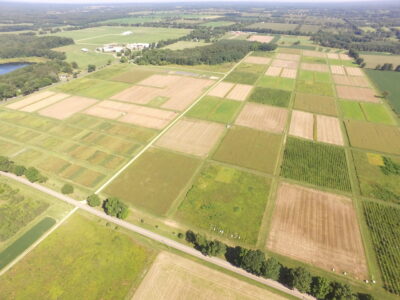
The goal of the KBS LTER Listening Session was to understand where gaps between research and implementation occur and how they might work together to support farmers.
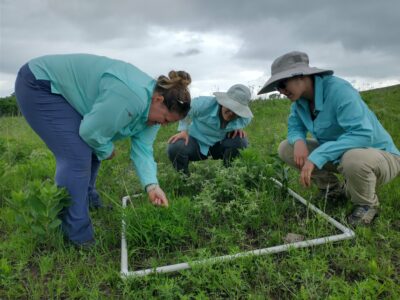
The CoRRE Working Group continues to develop new ways to study plant community change across the globe.
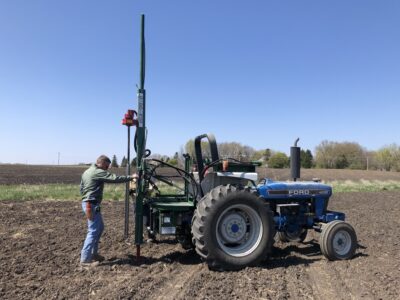
Strips of native prairie planted within agricultural monocrops are not an “ecological trap” for native pollinators, but also do not reduce the runoff of insecticides that may pose a threat.

Data Nuggets, operated by the KBS LTER, started its third round of funding from the National Science Foundation to improve data literacy in K-16 students.
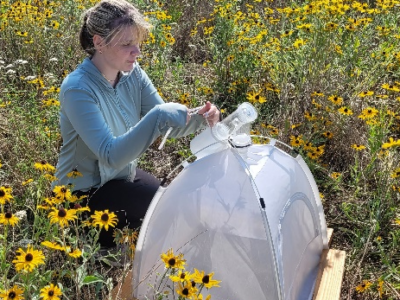
These tiny creatures are everywhere we turn, yet rarely do we pause to acknowledge their key role in our lives. DeShea Dillard explores flies.
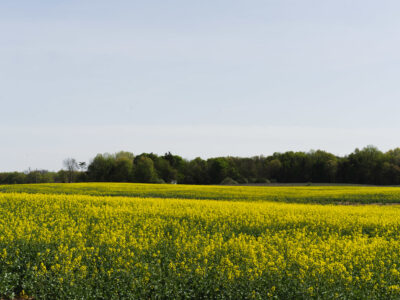
Partnerships form the center of long-term research at the KBS LTER, and while their goals are different, their work is deeply intertwined.
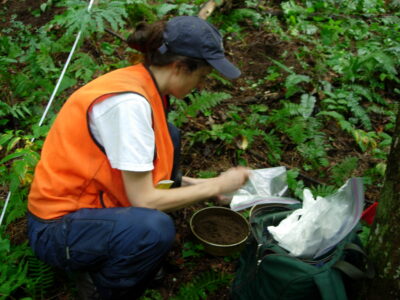
An LTER cross site synthesis effort reveals that soil carbon availability determines nitrogen mineralization and nitrification rates across a wide diversity of terrestrial ecosystems.
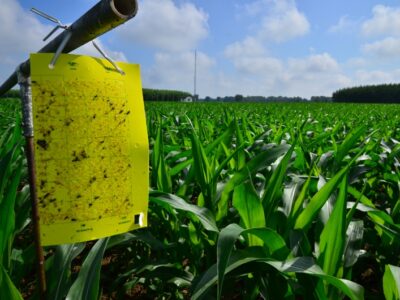
Novel analyses of a 31-year dataset on invading ladybeetles shows that small differences in habitat preference across years allow for two similar invading species to coexist while native species decline.
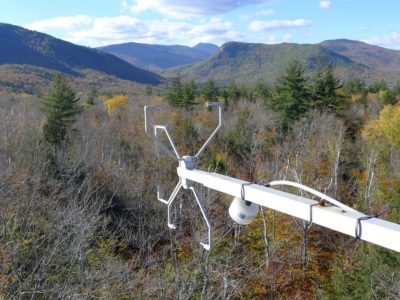
Scientists have been consistently documenting environmental changes at research sites like this one in the Cascade Mountains for decades. US Forest Service Michael Paul Nelson, Oregon State University and Peter Mark Groffman, CUNY Graduate Center Record-breaking heat waves and drought have left West Coast rivers lethally hot for salmon, literally cooked millions of mussels and… Read more »